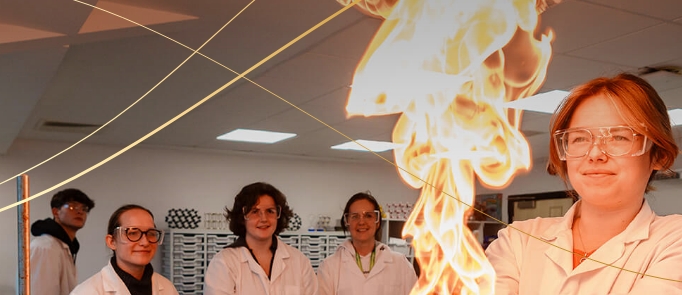- ...
Postgraduate Studentships - Search for funding opportunities.

The first MSc programme to be designed specifically around the Open Standards for the Practice of Conservation, equipping students with the essential skills in conservation project design and management, conservation funding and communications: skills which have been identified by employers in the sector as essential, but lacking from most graduates within traditional zoology or wildlife conservation degrees.
Students have full access to Conservation Career Kick-Starter course and largest online conservation job board through Conservation Careers. Working with expert instructors, students produce a professional development plan and access professional training that meets their bespoke career development needs.
A UK-based residential field course gives students the opportunity to experience field work first-hand and evaluate existing conservation projects. Alternatively, students may elect to enrol on the optional international field course module, which provides students the opportunity to gain more international conservation experience (subject to additional costs).
Face-to-face teaching will take place at the Newquay University Centre campus, situated within easy access of stunning terrestrial, coastal and marine field study sites and will make use of both long-term and newly developing partnerships and contacts with the conservation community.
The future prosperity, health and welfare of human populations is fully dependent on the continued health and functioning of ecosystems and the services they provide. This has long been recognised by conservationists, but it is, perhaps, only more recently that this delicate interdependence has become mainstream thinking. International agreements such as the United Nations Framework Convention on Climate Change (UNFCCC) and Convention on Biological Diversity (CBD) set ambitious and binding targets for governments to achieve. Meeting these targets is only possible through a multidisciplinary approach, emphasising the need for climate change, sustainability and conservation to be woven into the fabric of everything that we do moving forward. As a result, demand for graduates with an understanding of conservation issues is a rapidly growing area.
However, effective conservation requires more than just an understanding of the issues, it requires effective project management skills to ensure that limited funds are invested wisely and that outcomes are maximised. Therefore, increasingly, employers are looking for graduates with skills not always fully developed through traditional zoology, ecology and conservation degrees. These skills can be developed organically, through work experience, but getting a job without the required experience demanded by the role is difficult and often seen as a ‘catch 22’ and barrier to entering the workforce at the desired level after graduation. Similarly, those already working withing the conservation sector may not feel that they have fully developed the project management skills they need to be fully effective in their role or to progress within their chosen career path.
Please note the location of this course is at the Newquay University Centre.
All applicants must have a relevant level-6 BSc (Hons) qualification (or equivalent) at 2.2 classification or higher. Applicants falling below this level but who have significant industry experience may also be considered on an individual basis.
See our website for fees
Core Modules:
Optional Modules (pick one)

Study for a specialist degree in the South West Stand out from the competition and earn a degree that makes a difference at The Cornwall College Unive...